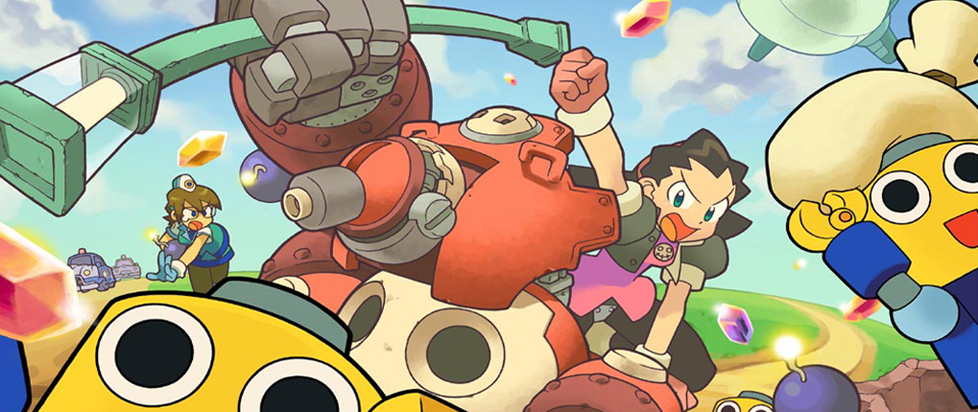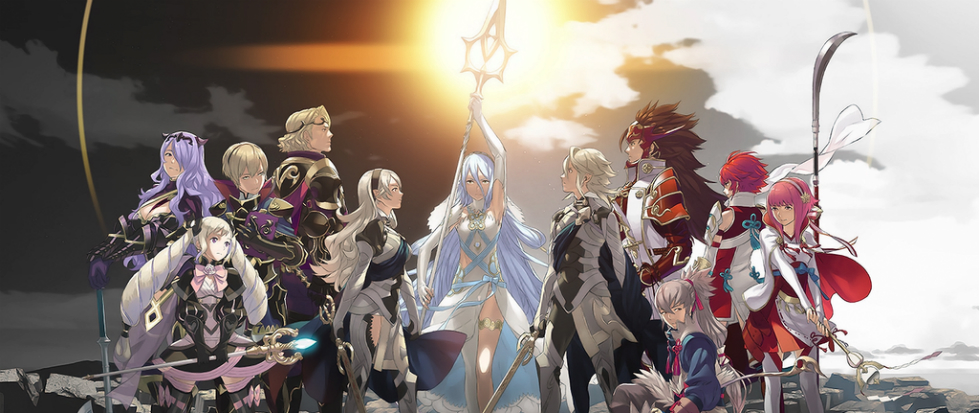
The Insidious Capitalism of Games
Games are good at getting us to compete. From checkers to Monopoly to Rocket League it doesn’t take too much more than a two people and a goal to get them to go to war over it. Building on that foundation, games are really good at reinforcing capitalist and monopolistic ideals without too much resistance.
Think about it, how often are you asked to amass a fortune and to what end? Every Tycoon game is based on making enough money to make more money to build a bigger park to make more money. Stardew Valley pits you against a conglomerate in order to restore a sleepy seaside town but instead of establishing a cooperative with your fellow townsfolk the best path to building the largest farm most capable of serving your neighbors is to achieve maximal profits. And Monopoly is the worst.
Sports games are an even more astonishing version of this. If you create your own player the game constantly showers you with money that you can’t use as a marker of prestige. Being the highest player in the MLB doesn’t give you anything except some big numbers next to your name. If you’re a team owner or manager you exist at the apex of a massive system designed to maximize your profits. Its not required that you even win to be wealthy, though it helps.
Games like Big Pharma are even open about how success isn’t about providing the best drug. To truly rise to the top of the pharmaceutical world you have to provide the most cost-effective drug. But be careful, give too many people a good drug in large supply and your profits will tank. Winning doesn’t just mean making money, it means creating an artificial shortage to maximize profits.
Offworld Trading Company’s life blood is selling resources at the highest price possible in order to accumulate enough wealth that you are able to drive your rivals out of business. Corporate espionage lets you do this in some very overt ways but the most monocle’d players will realize they can create artificial shortages or crash the price through more refined economic tools.
Games teach us the most dangerous parts of capitalism without any mitigating factors. Offworld never asks you to consider stripping Mars of it’s natural resources. Tycoon games never ask you to consider discounts for disadvantaged families. Sports games never ask you to think of any of the philanthropic causes that players and teams support with the exception of some lip service paid to the pink trim during Breast Cancer Awareness Month. Instead, they let us become fabulously wealthy beyond our meat space dreams and then…do what?
In a game, enough is never enough. We’re rewarded for our ambitions, for working hard to achieving great things without any of the restraint placed on us in our every day lives. But how many games reward us for improving the world we enter as we vastly benefit from it? How many games even ask us to care? Perhaps Farm Story type games come the closest. Instead, the vast multitude of game economies aim to only infinitely reward us for our ventures.
Perhaps the most concerning thing is how invisible so many of these systems are. As I mentioned before, a competitive spirit isn’t an isolated thing. But many of us live lives where we’ve been constantly told incomplete lessons from Adam Smith. We’re always told we can, and should, have more and we retreat into worlds that encourage us to take, spend, and repeat without consequence or obligation. And here we thought we were just running lemonade stands.





